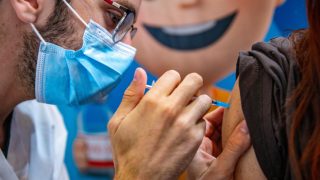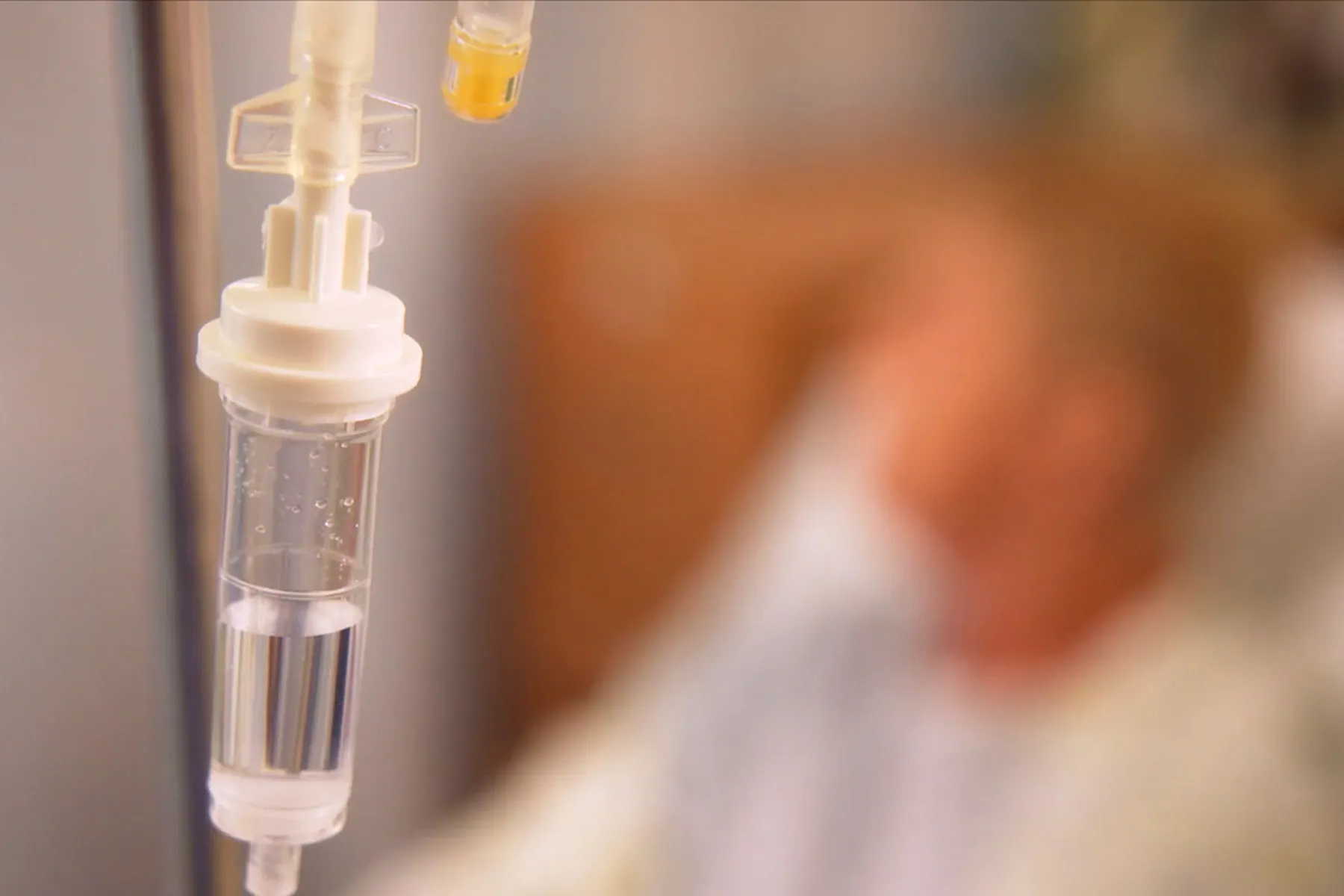Women with a history of migraines may suffer more severe menopausal hot flashes, according to a cross-sectional study.
Patients who had migraines scored higher on the Menopause Rating Scale (MRS), indicating worse overall menopausal symptoms (estimated difference 1.36, 95% CI 0.88-1.85), reported Stephanie Faubion, MD, of the Mayo Clinic in Jacksonville, Florida, and colleagues.
But in a separate analysis of only vasomotor symptoms, women with a migraine history had a 40% higher chance of experiencing severe hot flashes than no hot flashes at all (OR 1.40, 95% CI 1.05-1.86), Faubion said at the North American Menopause Society virtual meeting.
The chances of reporting more severe hot flashes increased monotonically in women who reported a migraine history. “So, the more severe the hot flashes, the more likely were to have migraines,” Faubion said in an interview with MedPage Today.
The relationship between migraines and vasomotor symptoms observed in this study may be explained by the fact that they are both risk factors for cardiovascular illness, Faubion stated. Additionally, both symptoms are associated with neurovascular dysregulation, and it’s unclear if they share a common pathophysiologic pathway.
Approximately 20% of women overall experience migraines, Faubion and co-authors noted. One previous study has linked migraine history with a higher frequency of hot flashes during the menopausal transition. In this new research, the team aimed to further examine the association between migraines and hot flash severity.
The investigators analyzed the Data Registry on Experiences of Aging, Menopause, and Sexuality (DREAMS), which included questionnaire data taken from women ages 45 to 60. All women in the study cohort presented to Mayo Clinic locations in Minnesota, Arizona, or Florida between 2015 and 2019. Patients self-reported their migraine history, and menopause symptoms were assessed using MRS, a quality-of-life scale that measures the severity of menopausal symptoms.
The researchers adjusted for body mass index, menopause status, depression, anxiety, low back pain in the last year, smoking status, and use of menopausal hormone therapy.
Included in the analysis were 3,308 women, about a quarter of whom reported a history of migraines. The women were approximately 53 years old on average, the majority were white, about 93% had at least some college education, 69% were employed, and 85% had a partner. Two-thirds of those in the study were postmenopausal.
The researchers found a link between a history of migraines and severity of vasomotor symptoms. In an analysis of women who reported lower back pain, Faubion and colleagues found that back pain was associated with worse total overall menopause symptoms, but was not linked to hot flash severity, indicating the specificity of the relationship between migraines and vasomotor symptoms, the team explained.
Future research, Faubion said, should further explore how these symptoms impact cardiovascular disease risk — for example, whether the combination of migraines and vasomotor symptoms has an additive effect and whether clinicians can use these symptoms to adapt cardiovascular risk-prediction models.
“We don’t know how this fits in the puzzle of helping understand women’s cardiovascular risk,” she said. “But it adds one more piece of information.”
Amanda D’Ambrosio is a reporter on MedPage Today’s enterprise & investigative team. She covers obstetrics-gynecology and other clinical news, and writes features about the U.S. healthcare system. Follow
Disclosures
Faubion reported no disclosures; a co-author reported funding from the NIH/NIA.
Note: This article have been indexed to our site. We do not claim legitimacy, ownership or copyright of any of the content above. To see the article at original source Click Here













